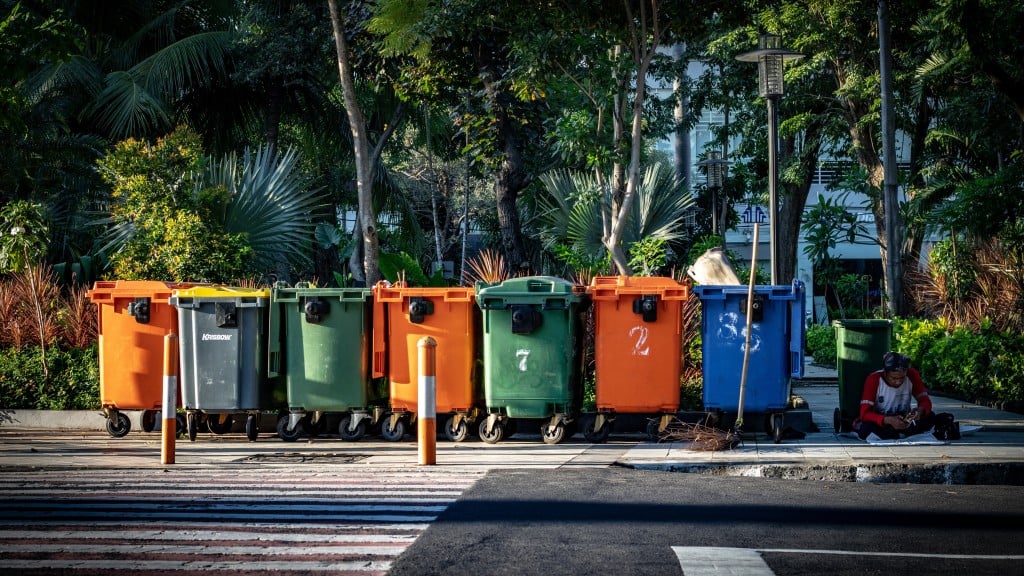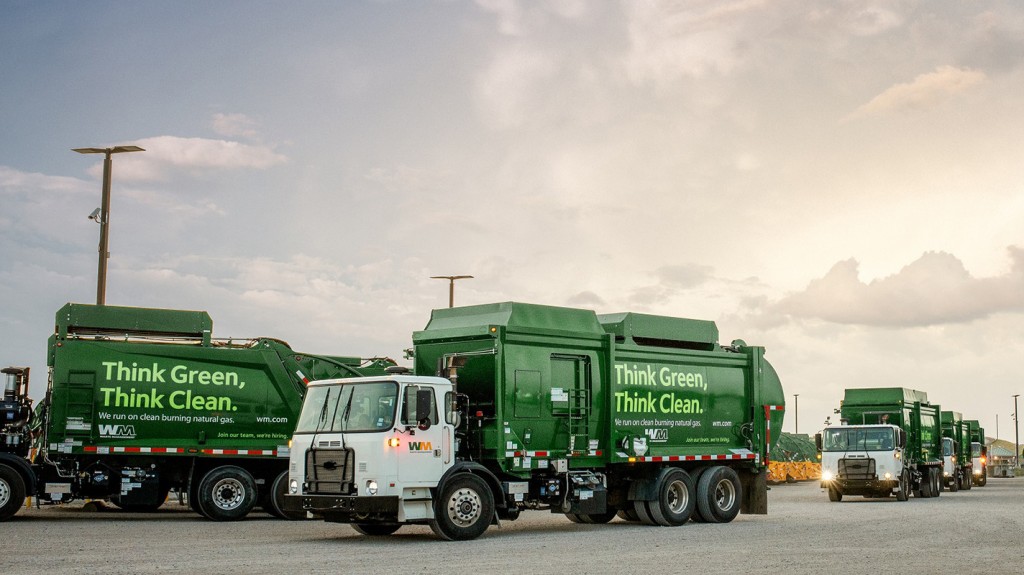Collaboration and education are key to recycling success says WM report
Many Americans are eager to recycle, but they need more education and greater access to recycling to build confidence

Environmental solutions provider WM has released a new report that emphasizes the importance of consumer households, businesses, policymakers, and local municipalities working together to potentially improve the nation's recycling system. Based on a survey of more than 1,000 American consumers and businesses, the 2024 WM Recycling Report summarizes data and takeaways with respect to recycling behaviors and perceptions to better understand opportunities to bolster recycling education, investments, and accessibility in the U.S.
"Recycling is essential to enabling the circular economy, but it works best when we work together," says Tara Hemmer, chief sustainability officer at WM. "WM's research shows that many Americans are eager to recycle, but they need more education and greater access to recycling in order to build confidence in the practice. As the demand for recycled materials continues to grow, WM is driving solutions alongside our communities and customers by investing in technology that can make recycling more efficient, building new recycling facilities in areas that previously lacked access, and helping consumers and businesses understand what and how to recycle. Together, we can make a difference."
Education is crucial to recycling practices
The report offers insight into education and access gaps as well as opportunities for greater collaboration.
Key learnings from the survey include:
- Many Americans want to recycle, but some lack an understanding of how recycling works and the positive impact it can have on the environment. Many households across America have a high desire to recycle, with nearly half (44 percent) reporting that they are looking for ways to expand their recycling practices in the future. However, while 86 percent of people who recycle say they recycle plastic bottles and containers, one in ten are not-at-all confident that their plastics are actually recycled.
- Americans are likely more inclined to recycle when they have greater awareness, education and access. Data showed 45 percent of respondents cite a lack of knowledge about what can and cannot be recycled as their biggest barrier, and 64 percent say if they knew more about what to recycle and how (and what not to recycle), their involvement would increase.
- Where consumers live can have an outsized impact on their recycling habits. Rural areas face greater accessibility issues — 50 percent of respondents in rural areas reported dealing with more inconveniences that led to lower rates of recycling, such as having to drive long distances or to a different site to recycle.
- Creating products with recycled content can be a differentiator for brands and potentially drive consumer purchase. Data indicated 75 percent of surveyed Americans report that they are more likely to buy products from companies that include recycled content in their products. But as many as 60 percent of those same respondents report not having clarity on which brands use recycled content in their products, calling for additional education so that consumers have a better understanding.
The report, which comes ahead of America Recycles Day on November 15, highlights the critical role recycling can play in advancing the circular economy by fueling the continuous reuse of materials.
Recycling infrastructure relies on collaboration
The findings emphasize that a robust recycling infrastructure relies on collaboration among consumer households, businesses, policymakers and local municipalities. WM is committed to advancing these efforts through its planned $1.4 billion investment to upgrade and build approximately 40 recycling facilities with advanced technology between 2022 and 2026, says the company.
WM also works with customers of all sizes and other organizations to advance recycling education, including through its collaboration with the National League of Cities' Recycle Right campaign, through its sustainability advisory services as the first Official Sustainability Partner of Major League Baseball, and as the title sponsor of the WM Phoenix Open, one of the largest certified zero-waste sporting event in the world.



